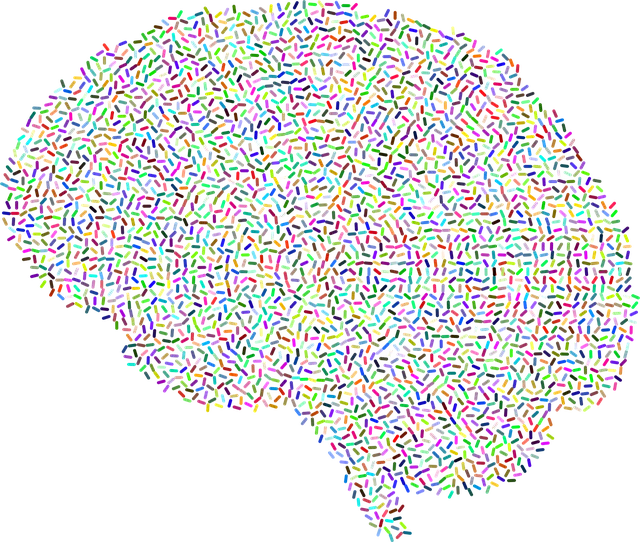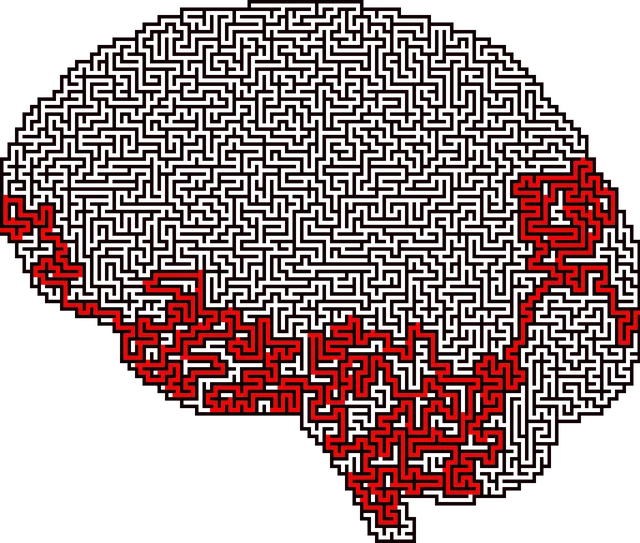Kaiser Permanente's Wheat Ridge training programs prioritize data-driven mental health analysis, utilizing patient information to personalize interventions and address challenges early. The Mental Health Initiative offers comprehensive support through podcasts, policy advocacy, and community outreach, empowering individuals to manage wellness effectively. Strategic data interpretation allows for targeted interventions, such as stress reduction methods and social skills training, based on survey responses, engagement rates, and mental health concern patterns over time.
Mental health data analysis is a powerful tool for understanding and improving well-being. This article explores the critical components of mental health data interpretation, offering insights from industry leaders like Kaiser Permanente and Wheat Ridge. We delve into their approaches, including specialized training programs that empower professionals to effectively analyze trends and implement targeted interventions. By examining these strategies, we aim to highlight how data can drive positive change in mental healthcare.
- Understanding Mental Health Data: Kaiser Permanente's Approach
- Training Programs: Wheat Ridge's Mental Health Initiative
- Interpreting Data: Strategies for Effective Action
Understanding Mental Health Data: Kaiser Permanente's Approach

At Kaiser Permanente training programs in Wheat Ridge, understanding mental health data is paramount. The organization recognizes that effective treatment and prevention strategies begin with comprehensive data analysis. By meticulously collecting and interpreting information related to patient experiences, symptoms, and recovery progress, healthcare professionals gain valuable insights into the complex landscape of mental well-being. This approach allows for personalized interventions and tailored support, ensuring that each individual receives the most appropriate care.
Kaiser Permanente’s methodology involves not only quantifying mental health outcomes but also qualifying them by examining factors such as Self-Care Practices and Mental Health Awareness. By integrating Depression Prevention initiatives into their data analysis framework, they strive to identify at-risk populations early on, thereby promoting proactive measures that can significantly mitigate the impact of mental health challenges.
Training Programs: Wheat Ridge's Mental Health Initiative

Wheat Ridge’s Mental Health Initiative stands as a beacon of hope and progress in addressing mental wellness challenges within the community. This comprehensive program offers a unique blend of training and support tailored to various stakeholders, including healthcare professionals, educators, and community leaders. The Kaiser Permanente-backed initiative focuses on empowering individuals with the knowledge and skills needed to recognize and address mental health issues effectively.
The Mental Wellness Podcast Series Production, a cornerstone of the initiative, provides accessible resources through engaging audio content, covering topics from anxiety management to building resilient communities. Alongside this, the program integrates the Mental Health Policy Analysis and Advocacy approach, encouraging participants to understand and influence local mental health policies. Additionally, Community Outreach Program Implementation plays a vital role, fostering connections between healthcare services and community members, ensuring tailored support for diverse populations.
Interpreting Data: Strategies for Effective Action

Interpreting data from mental health assessments is a critical step in identifying trends and areas for improvement within organizations like Kaiser Permanente training programs in Wheat Ridge. By employing strategic analysis techniques, professionals can gain valuable insights into employee well-being. This involves examining patterns in survey responses, engagement rates, and incidence of specific mental health concerns over time. For instance, a consistent rise in stress-related absences might prompt the implementation of Stress Reduction Methods, while low participation in Social Skills Training could indicate a need for enhanced outreach or tailored programs to improve accessibility.
Effective interpretation requires a comprehensive approach, including data visualization tools and statistical analysis. Identifying correlations between factors such as work environment, job roles, and mental health outcomes can help organizations design targeted interventions. For example, Kaiser Permanente training programs in Wheat Ridge might use these insights to develop specialized workshops, incorporate Mental Health Awareness into existing curricula, or adjust workplace policies to better support employees’ social and emotional needs.
Mental health data analysis is a powerful tool for identifying trends and improving patient care. As discussed, both Kaiser Permanente and Wheat Ridge have demonstrated effective approaches in understanding and interpreting mental health data through specialized training programs. By adopting these strategies, healthcare organizations can ensure that data collection goes beyond numbers and becomes a catalyst for positive change, fostering more compassionate and efficient mental health services tailored to patient needs.






